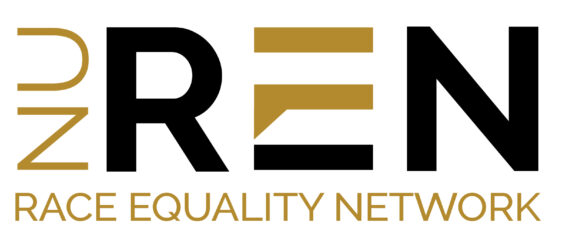By Meenakshi Swamy, NU-REN Advisory Group Member
 Diwali is known as the Indian ‘Festival of Lights’ that celebrates unity and togetherness across cultures worldwide. It symbolizes the victory of good over evil; inner light over spiritual darkness; knowledge over ignorance; and hope over despair.
Diwali is known as the Indian ‘Festival of Lights’ that celebrates unity and togetherness across cultures worldwide. It symbolizes the victory of good over evil; inner light over spiritual darkness; knowledge over ignorance; and hope over despair.
Significance: Diwali is celebrated for multiple reasons rooted in Hindu mythology, as well as Jain and Sikh traditions.
Hindu tradition: The most popular legend behind Diwali is the return of Lord Rama, along with his wife Sita and brother Lakshmana, to Ayodhya after 14 years of exile and his victory over the demon king Ravana. The people of Ayodhya celebrated their king’s return by lighting oil lamps (diyas) across the kingdom as narrated in the Ramayana.
– According to the Mahabharata, Diwali marks Lord Krishna’s victory over the demon Narakasura and the Pandavas returned to their kingdom after 13 years of exile.
– Goddess Lakshmi, the deity of wealth and prosperity, emerged from the churning of the ocean (Samudra Manthan) on Diwali.
Jain tradition: Diwali marks the day Lord Mahavira, the 24th Tirthankara, attained nirvana (liberation) in 527 BCE. It is a day of spiritual reflection and renewal.
Sikh tradition: Sikhs celebrate the release of Guru Hargobind Ji, the sixth Sikh Guru, along with 52 princes from Mughal imprisonment, symbolizing freedom and justice. The Golden Temple in Amritsar is beautifully lit during Diwali to mark this occasion.
How do people celebrate Diwali?
Diwali is a celebration of life, values, and community. The lighting of lamps, the burst of fireworks, and the exchange of love and joy embody the essence of this beautiful tradition spanning across three to five days.
People pray for Goddess Lakshmi’s blessing to ensure happiness and financial well-being.
They clean and decorate their homes with colourful rangoli (patterns made from coloured powders, rice, or flowers), lights, and oil lamps (diyas) that are placed around homes, on windowsills, and in courtyards. It indicates a fresh start and the removal of negativity.
Exchanging gifts, sweets, and greetings promotes love, goodwill, and harmony that strengthens relationships. The festival encourages acts of generosity, helping the underprivileged, and sharing joy with others.
Diwali is celebrated to honour various mythological and spiritual events, but at its core, it is a festival of positivity, renewal, and gratitude. It reminds us of the eternal triumph of good, the importance of inner light, and the bonds of family and community.
Join us at our NU-REN Coffee Meet on 28 November from 1.30-2.30pm, at the USB Cafe, when we will be marking Diwali.
